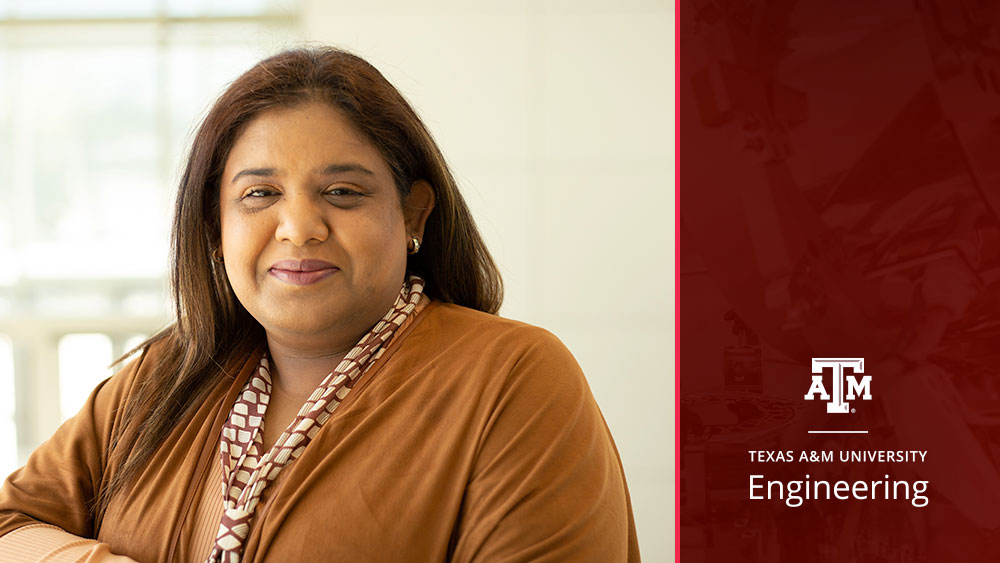
Dr. Saira Anwar’s paper was selected for the National Association for Research in Science Teaching (NARST) / National Science Teaching Association (NSTA) Research Worth Reading Recognition. Anwar is an assistant professor in the Department of Multidisciplinary Engineering at Texas A&M University.
This distinction is given to three papers with the most significant implications for science educators and practitioners from all research articles published in NSTA-affiliated journals.
"I am honored to receive the NARST/NSTA Research Worth Reading Recognition,'" Anwar said. "It's particularly encouraging to see that my science and engineering education research is regarded as impactful for researchers, classroom teachers and practitioners."
Anwar’s research focuses on curriculum and techniques in middle school science, technology, engineering and mathematics (STEM) classes. Her paper, "The effectiveness of an integrated STEM curriculum unit on middle school students' life science learning," explores designing and implementing an integrated science and engineering curriculum encompassing professional development for teachers in middle school science classrooms. The paper was published in the Journal of Research in Science Teaching.
"As a researcher in my early career, it is always meaningful to see the impact of my work," said Anwar. "It's extremely motivating to continue contributing to engineering education research and evolve my methods and approaches for a broader impact on society."
Anwar is also an executive committee member of the Institute for Engineering Education and Innovation, a joint center of the College of Engineering and the Texas A&M University Engineering Experiment Station.
Co-authors of the paper include Purdue University faculty: associate professors Dr. Muhsin Menekse and Dr. Siddika Selcen Guzey, as well as Dr. Lynn Bryan, professor and director of the Center for Advancing the Teaching and Learning of STEM.
Anwar will present an abstract of her paper at the NARST Annual Conference in Chicago on April 20.